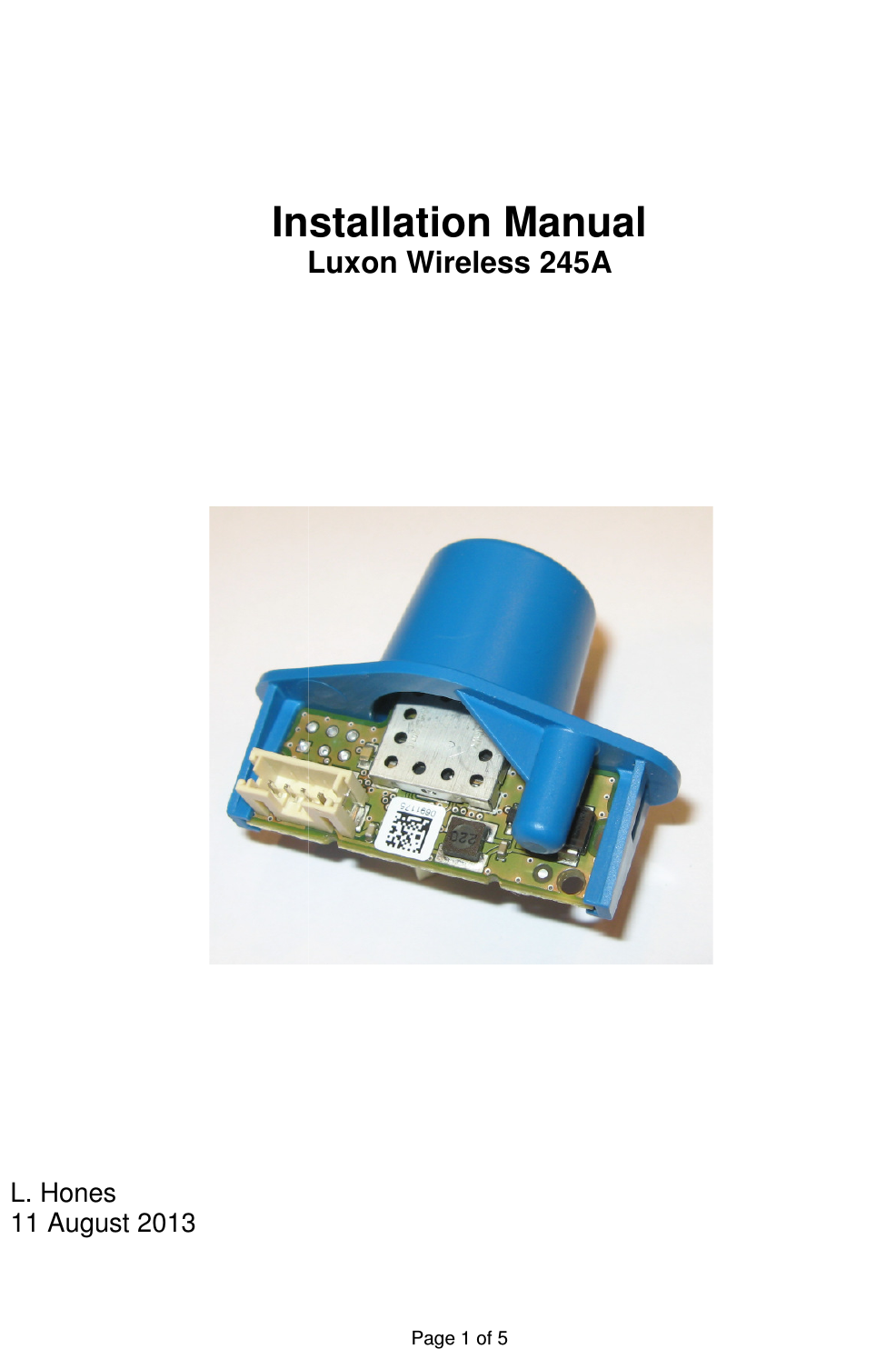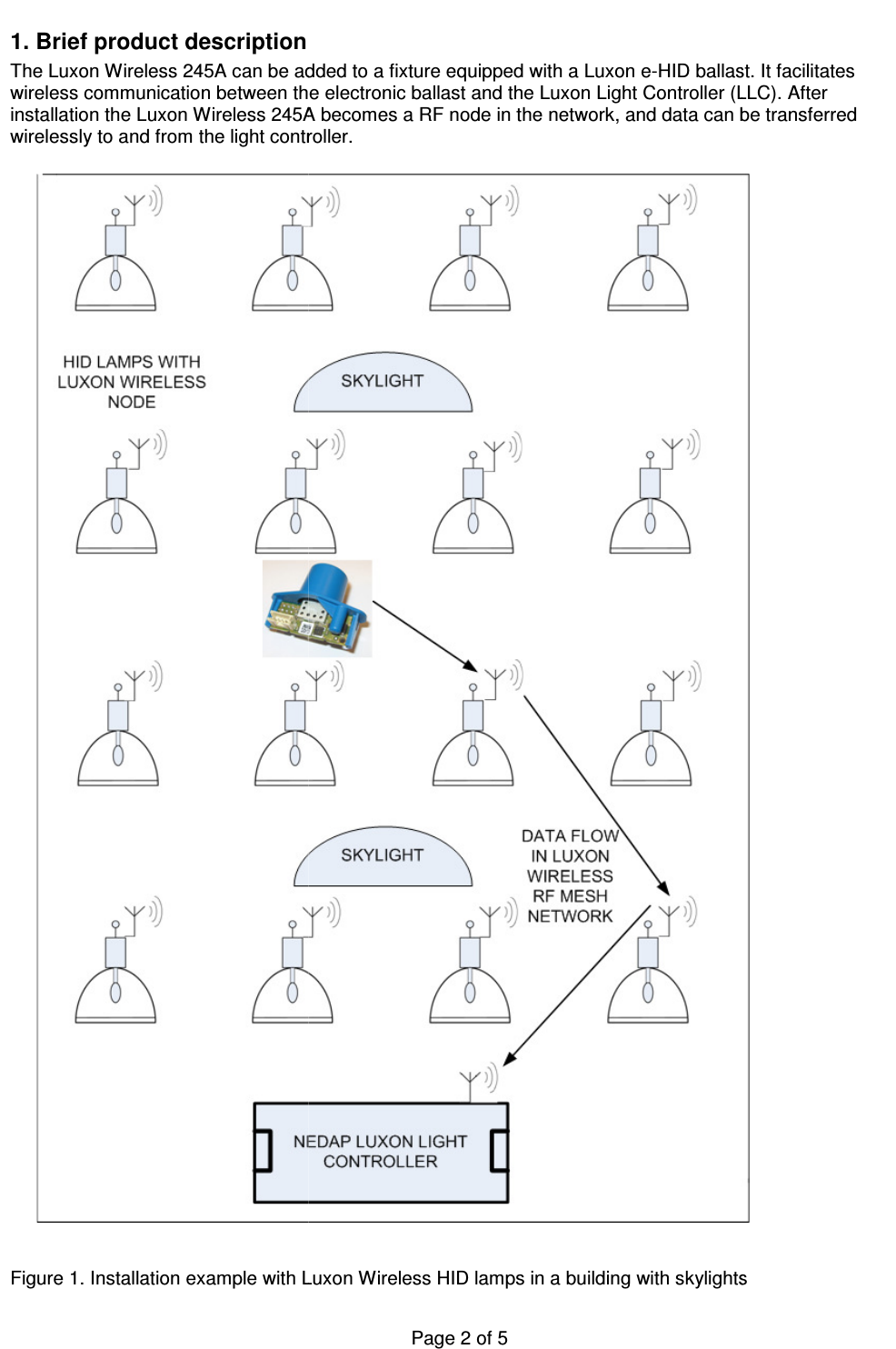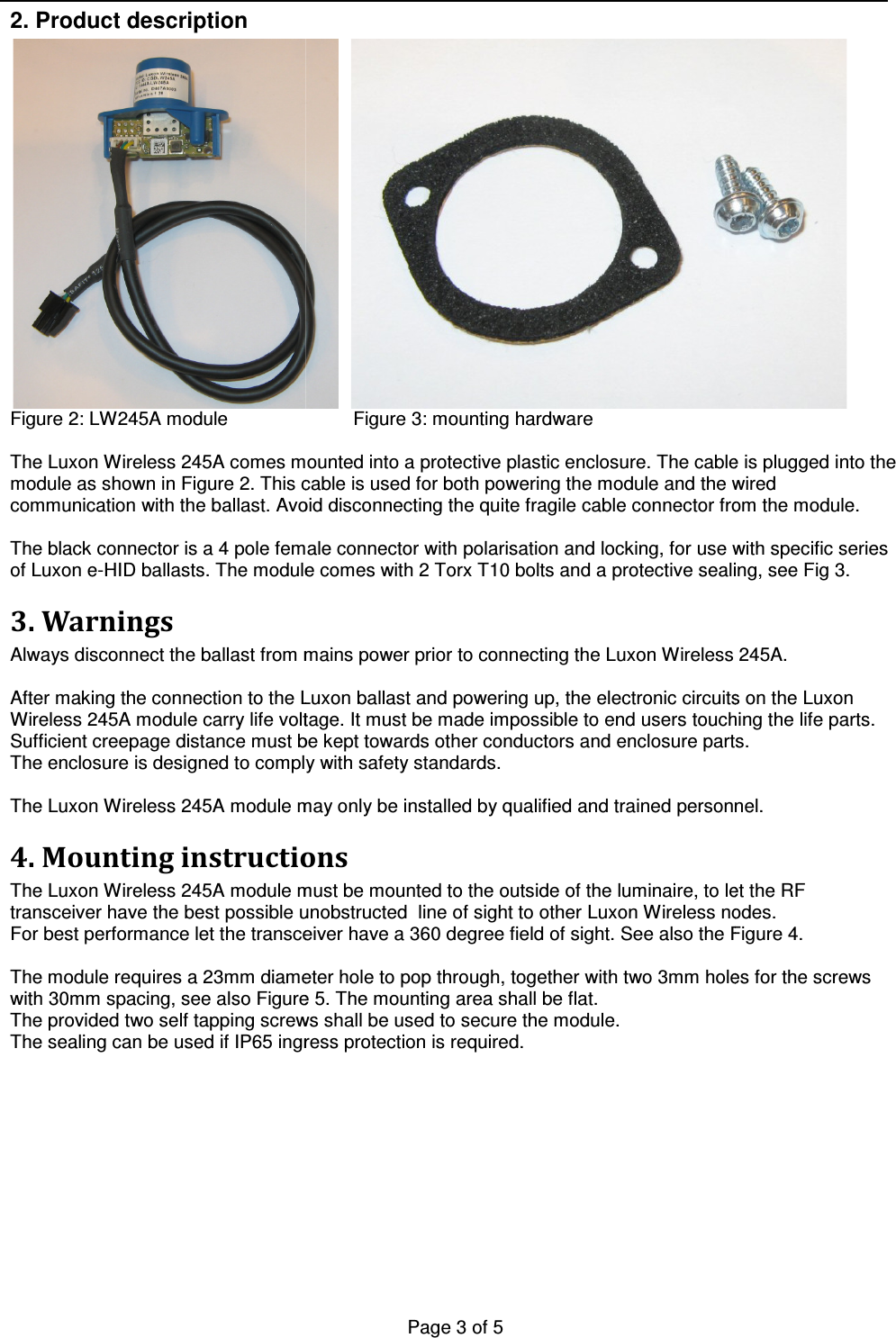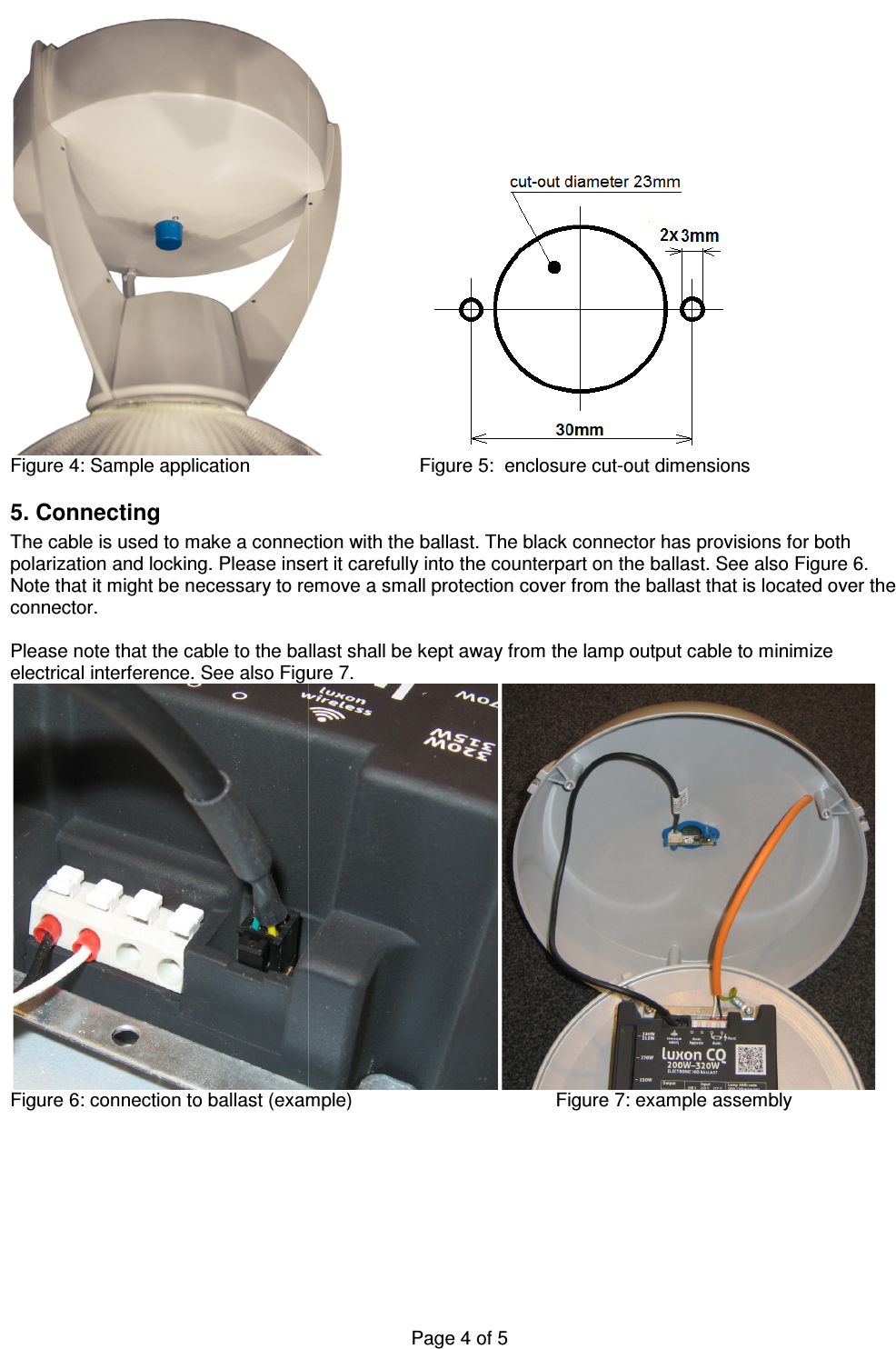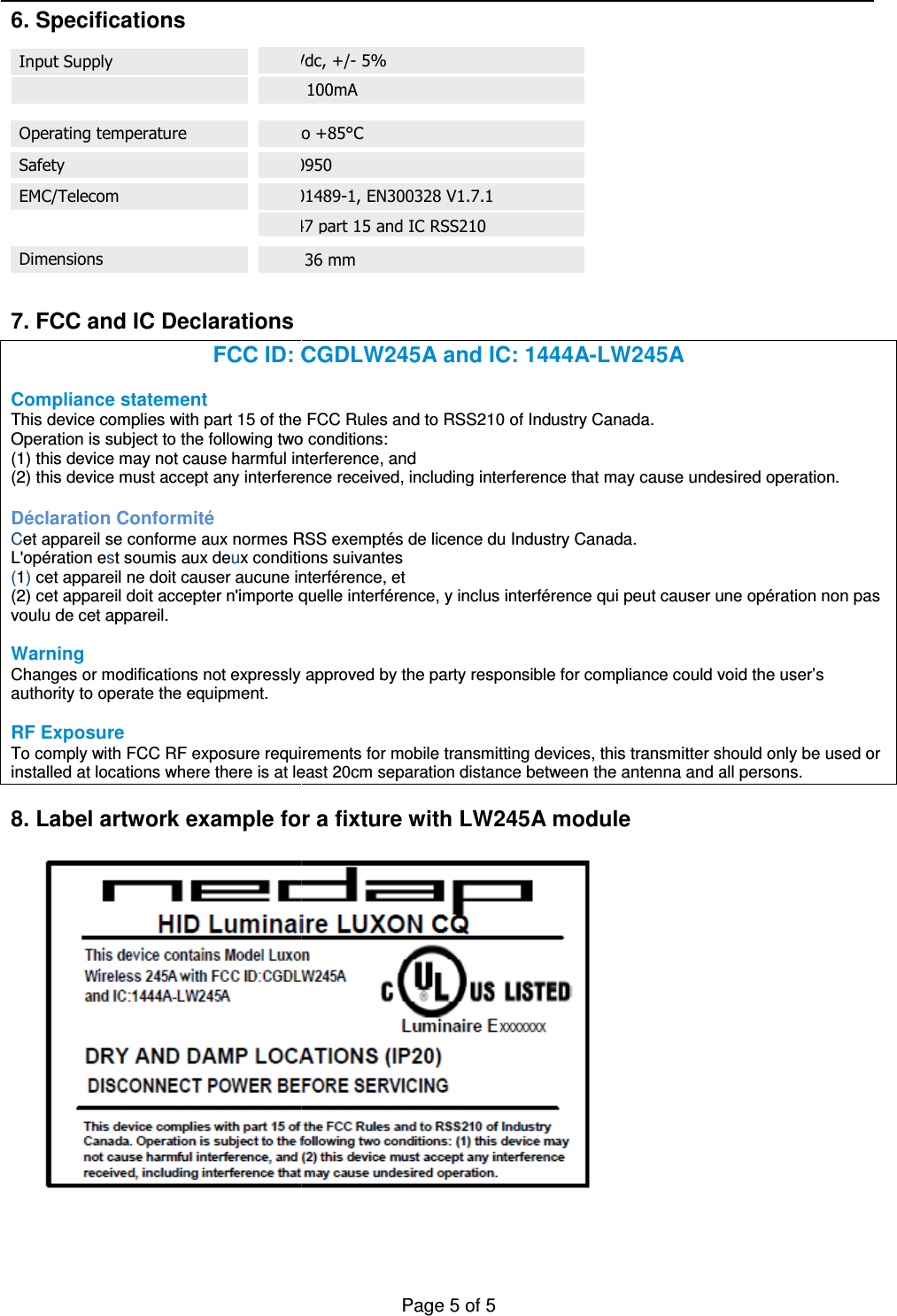Nedap N V LW245A Luxon Wireless LW245A User Manual 14 Installation manual Luxon Wireless CGDLW245A
N. V. Nederlandsche Apparatenfabriek NEDAP Luxon Wireless LW245A 14 Installation manual Luxon Wireless CGDLW245A
14_Installation manual Luxon Wireless CGDLW245A
